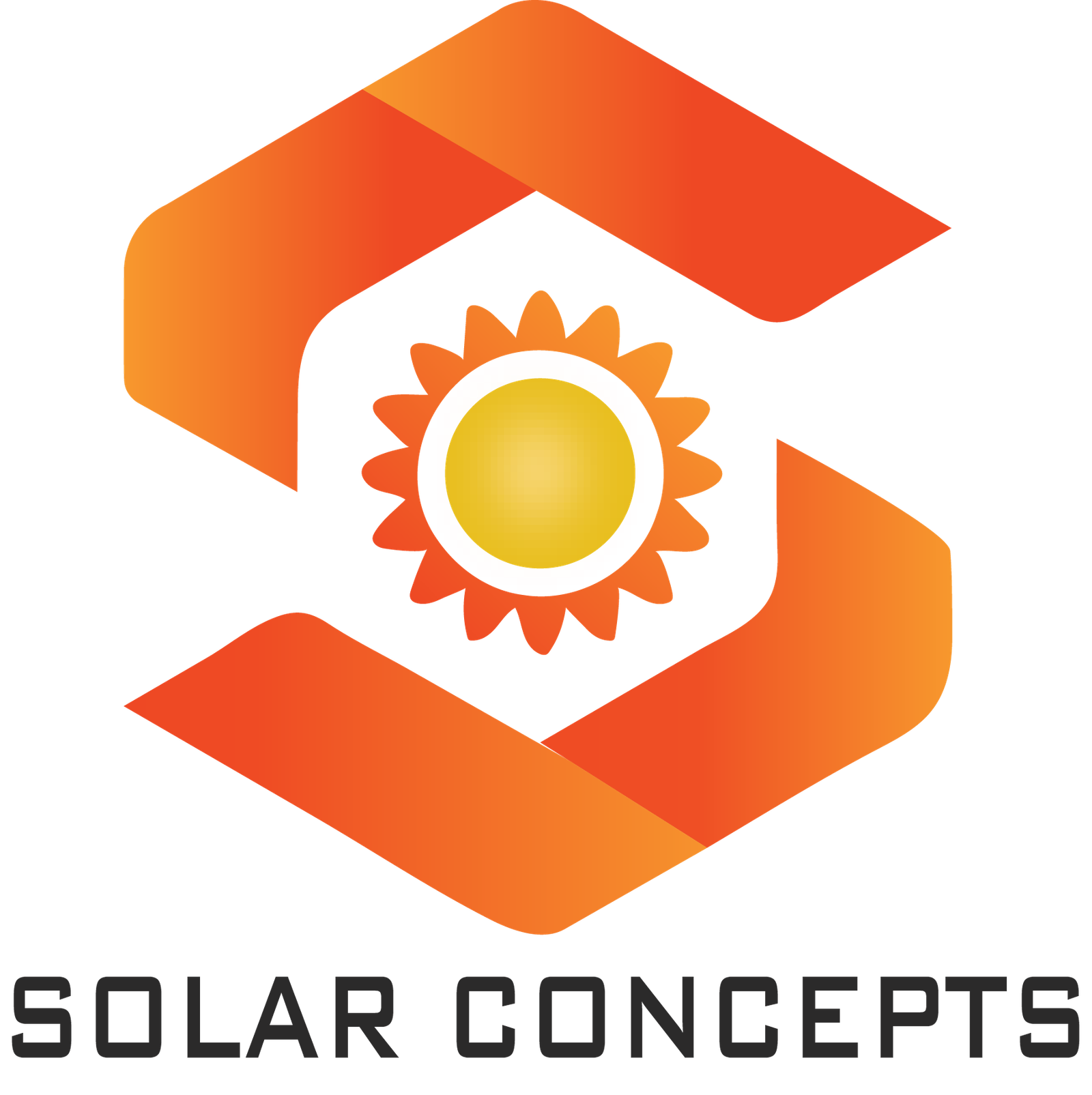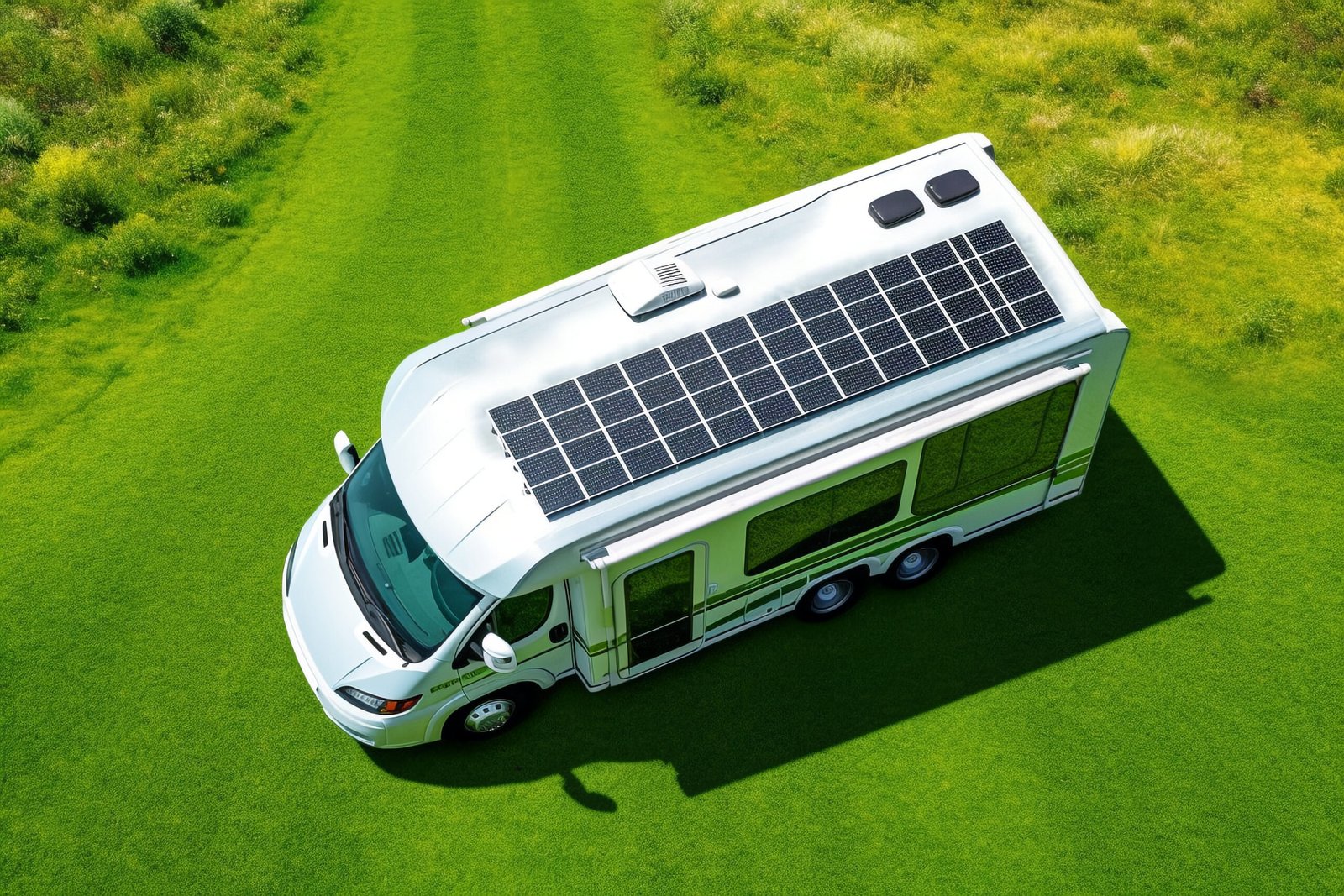Whatapps:
6010-3231923
![[Downloader.la]-656c7f2fbe4fb Solar panels reflect sparkling light and golden sky,Clean energy, and environment](https://solarconcepts.com.my/wp-content/uploads/elementor/thumbs/Downloader.la-656c7f2fbe4fb-qg9pjekdneh29wjc7okka6zbw8wjiaxaw82jax5zo2.jpg)
Join us as we delve into the different types of solar energy systems, each contributing uniquely to the advancement of clean, sustainable power.
APRIL 15, 2023
Exploring the Diverse Landscape of Solar Energy Systems
The realm of solar energy is characterized by a diverse array of technologies, each designed to harness the power of the sun in distinct ways. At Solar Concepts, we believe in offering a comprehensive understanding of the various solar energy systems available.
1. Photovoltaic (PV) Solar Systems
Photovoltaic systems, commonly known as solar panels, are the most recognizable form of solar energy technology. These systems convert sunlight directly into electricity using semiconductor materials like silicon. PV systems are versatile and can be deployed on rooftops, solar farms, and even integrated into building materials.
2. Solar Thermal Systems
Solar thermal systems harness sunlight to produce heat. This can be achieved through concentrating solar power (CSP) or non-concentrating solar collectors. CSP systems use mirrors or lenses to focus sunlight onto a small area, generating intense heat that can drive steam turbines for electricity generation. Non-concentrating solar collectors absorb sunlight for direct heating applications, such as water heating or space heating.
3. Solar Water Heating Systems
Solar water heating systems utilize solar collectors to absorb sunlight and transfer the captured thermal energy to a fluid. This heated fluid is then used to heat water for residential, commercial, or industrial purposes. Solar water heaters are cost-effective and environmentally friendly alternatives to traditional water heating methods.
4. Solar Air Heating Systems
Similar to solar water heaters, solar air heating systems capture solar energy to heat air, which is then circulated to provide space heating or for industrial processes. These systems are particularly effective in colder climates, offering an eco-friendly solution to reduce heating costs.
5. Off-Grid Solar Power Systems
Off-grid solar power systems operate independently of the electrical grid, making them ideal for remote locations or areas with unreliable grid access. These systems typically include solar panels, energy storage (batteries), and inverters to convert DC electricity to AC for use in homes, cabins, or other off-grid structures.
6. Grid-Tied Solar Power Systems
Grid-tied solar power systems are connected to the electrical grid. They allow users to generate their own electricity while remaining connected to the grid for supplemental power or to sell excess energy back to the grid. This type of system is popular for homes and businesses seeking to offset their electricity bills and contribute excess power to the grid.
7. Building-Integrated Photovoltaics (BIPV)
BIPV systems seamlessly integrate solar panels into building materials, such as roofing, windows, or facades. These systems serve a dual purpose, acting as both architectural elements and energy generators. BIPV is an innovative approach that combines functionality and aesthetics in sustainable building design.
At Solar Concepts, we specialize in a diverse range of solar energy solutions, tailored to meet the unique needs of our clients. Whether you’re interested in powering your home, business, or an entire community, our expertise spans the spectrum of solar technology. Join us in exploring the possibilities and embracing the versatility of solar energy systems on the journey toward a greener and more sustainable future.

